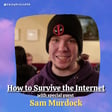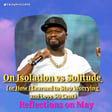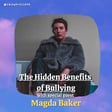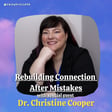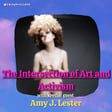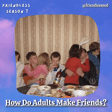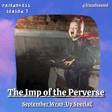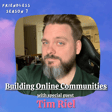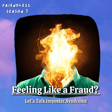
How to Reframe Internal Narratives (March Lil' Guy)
In this very special episode of "Friendless," host James Avramenko takes listeners on a deep dive into the themes of accountability, the complexities of love, and the transformative practice of reframing. James reflects on his own journey towards self-discovery, sharing personal anecdotes about facing his shadow-self, reassessing relationships, and the ongoing work of self-acceptance.
Listeners will join James as he delves into the critical role of self-love and the powerful notion of inward accountability, providing practical insights into how one can extend love to oneself first before sharing it with others. Through the lens of dialectical behaviour therapy (DBT) and cognitive behavioural therapy (CBT), he sheds light on alternative ways to perceive past memories and challenges, revealing how these tools have been instrumental in his growth.
As he contrasts the dynamics of nurturing friendships with the cautious expression of love, James also touches upon the theme of authenticity, contemplating why people lie and the repercussions of deceit. This heartfelt episode promises to resonate with anyone who's grappling with transitions, seeking to understand the intricacies of human connections, and striving towards a compassionate acceptance of self and others.

